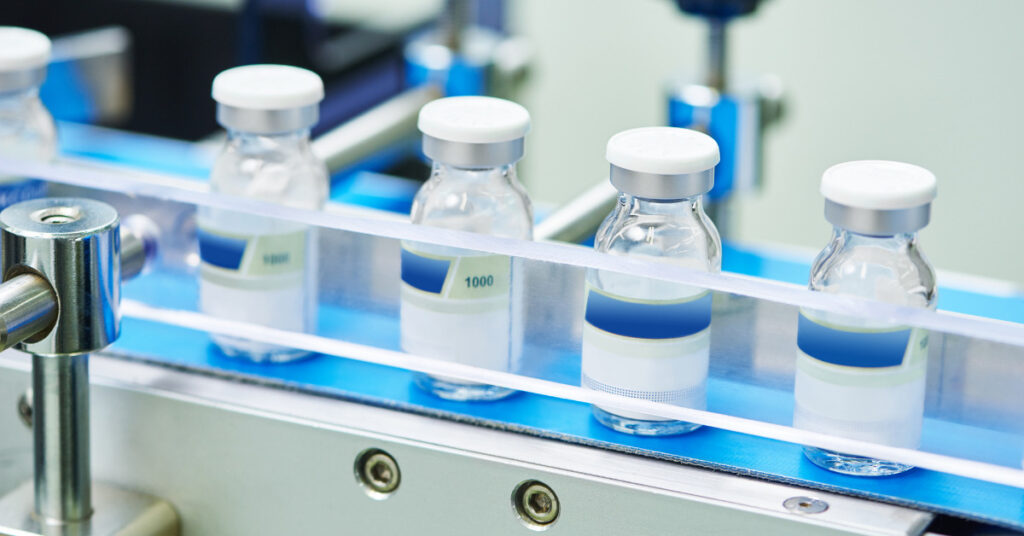What is a Patent?
A patent may be a set of exclusive rights granted by a sovereign state to Associate in Nursing discoverer or their party for a restricted amount of your time in exchange for the general public speech act of Associate in an invention.
In return, inventors fancy the proper to forestall others from creating, using, selling, or mercantilism the invention for business functions. There are unit three basic criteria of patentability that have to be met so as to be a patent, Novelty, Non-obviousness, and last have an industrial application.
As new and improved drugs are being announced every year in the market, drug or pharmaceutical patents have become exceptionally important as these drugs help to engender a hefty amount of revenue for their commercial benefits.
The pharmaceutical sector is an area in which invention influences the bottom line of the drug manufacturers who emphasize on research and development of a new drug and suffer huge costs in doing so, where there is neither a guarantee nor an assurance that their research product shall survive various testing stages and will commercially flourish if released in the market.
This article will teach you about patents and the Importance of patents in the pharmaceutical industry. We’ll cover some basic information such as how patents work and their need in pharmaceutical companies.
Significance of Innovation in the Drug Industry
- Novelty in the Drug Patent is a key element that defines the success of a drug manufacturer.
- Invention provides high returns on investment. While developing and introducing a new drug involves huge costs, the rate of return on positive drugs can be much higher than the costs linked with presenting the drug to the market.
- While it can upsurge, the risk involved when developing drugs, the benefits radically outweigh the risk as innovation allows higher profitability and better revenue margins.
- Uniqueness is important for these companies because more and more money are spent on advertising and research of probable drugs. When these types of drugs fail to reach the market and target customers, a lot of time, money and energy spent are lost. Therefore, innovative tactics must be taken to establish how such pharma companies can make a return on their investment without losing too much money.
- While the cost of generating a new drug to market can be lofty, drug companies can increase revenues by publicising current drugs to enhance the success of those drugs that they are presently manufacturing and are on the market.
Importance of Drug Patent
Patents impact about eightieth of the overall revenue of pharmaceutical companies and gaining patent fortification is very important to safeguard the innovative approaches used by pharma companies. The research and development stage of a drug is very precious and requires high investments and expertise.
Patents help in recouping these investments and return a better amount. Also, getting a drug patented can avoid many future legal issues and safeguard an individual or company against infringement cases.
Filing a patent is also one of the best ways to avoid competitors from easily replicating the manufacturing of a drug same as yours. Drug patents help raise project capital, which thus, enhances the overall economic growth of firms operating in this business.
Necessities for Patent Protection
However, not all drugs can be patented, and thus not all inventions can be patented. There are certain criteria that must be met in order to be able to apply for patent protection and these include – the invention must be non-obvious, must be new, and must be useful.
An innovation is non-obvious if when competing for the invention to other earlier patented inventions, it doesn’t provide the same type of verification or disclose the same type of information as in other inventions. This specific criterion is one of the most important items when considering the patentability of an invention. It also helps to identify what type of competition would be out there for such an invention.
The invention must be new, and not already in existence. This includes any inventions that were previously patented, whether the invention is identical or very similar in nature. It is also important to keep in mind that if the invention is being used, you may run into a problem.
If that invention is being used but has no patent protection, it still has common law protection. However, submitting a patent filing application for the same invention can help you get registered patent protection successfully.
In this case, it will be possible as the other inventor should have patented his or her invention beforehand to obtain full protection rights over the invention.
In the absence of sample patent protection, pharma companies must limit their patent portfolio resultant in erosion of market share.
In order to compete with the pharma companies worldwide, Indian pharma companies have to focus on developing new drugs and protecting their intellectual property.
It is domineering to protect intellectual property for commercialization in the near forthcoming. As patents are decisive for pharma companies, they should focus on upholding and developing the patent portfolio.
Lastly, the invention must be useful, meaning that it must have a rationale. This is perhaps the most easily comprehensible factor, as the invention must have an application, whether it be to assist in some sort of snag or assistance the user in some way.
Future of Pharma Industry
Pharma companies are constantly working and moving towards a finer future where they are concentrating more on drugs that improve the total amount of sales and improve market share. As an outcome, improving the total returns alongside developing lifesaving drugs and medications.
As drug discovery is turning out to be time-consuming and costly for the pharma companies, they have a tight rein on time to market their drugs. As a result, the industry is facing the expiration of patents on commercially proven drugs. Without prolonged patent protection, the company will not be able to sponsor its R&D exertions.
Also, an extension of the patent invention lifecycle can aid companies to invest more time in research and development and original medications.
On the contrary, extended patent protection means these drugs will be pricey for a longer period. As the generic players don’t make any investment in innovation but clutch market share through tweaking existing drugs and get patents to earn more revenues.
To inspire innovation, the patent term for these products should be reduced while extending the patent term for life-saving drugs.
Conclusion-
Patents are originally intended to encourage innovators and maximize the greater good and if we want to help people and make healthcare more affordable, we need an even more rapid process for approval of generics. Branded pharma companies need to obtain patent protection for their products to garner investments.
Therefore, patents must be a fundamental incentive to innovative activities in the pharmaceuticals and biotechnology industry, hence they need to be safeguarded. To ease this job Patentkart provides all the patent-related services with efficient patent agents.
In the patent filing, there are many important aspects to scrutinize. The patent agent from Patentkart.com provides A to Z facilities from the patent landscape, patent search, as well as they, do prior art search alongside patent writer, they also file the patent application. The company has world-class patent practitioners who help in patent drawing, patent analytics, patent drafting, and prosecution of patents in the court of law.







